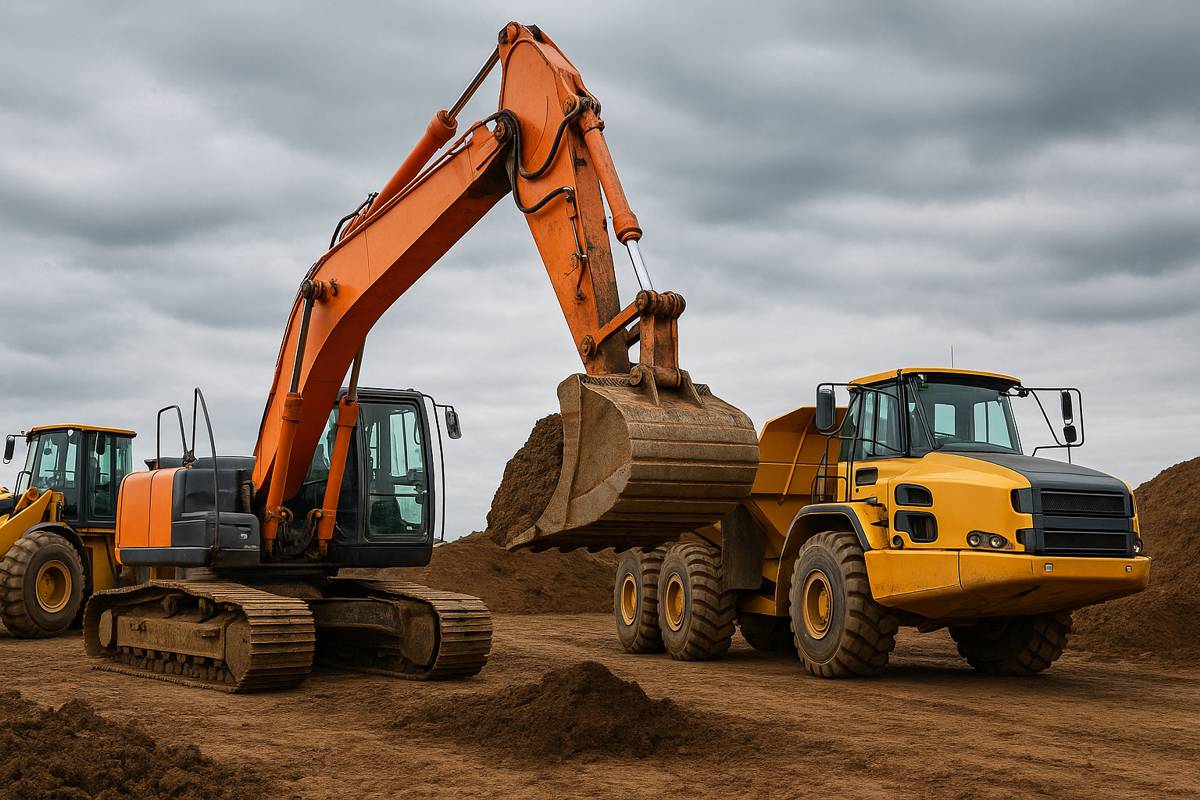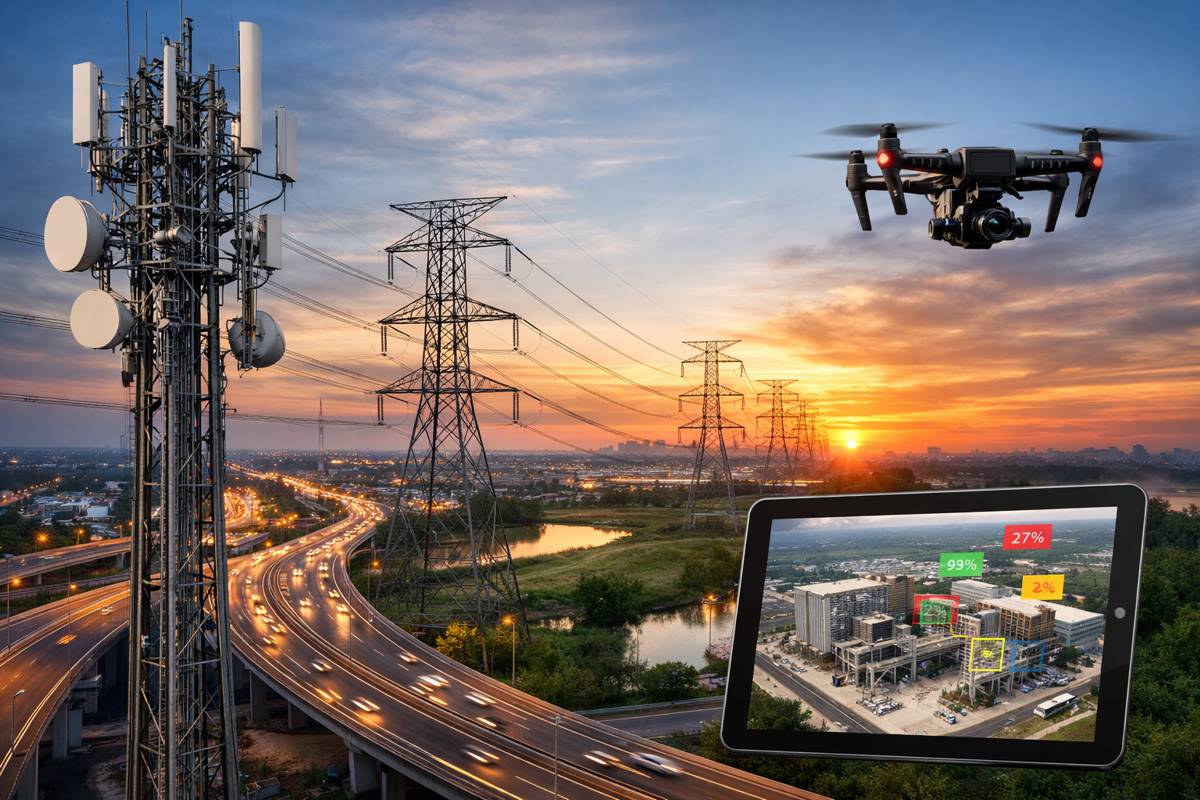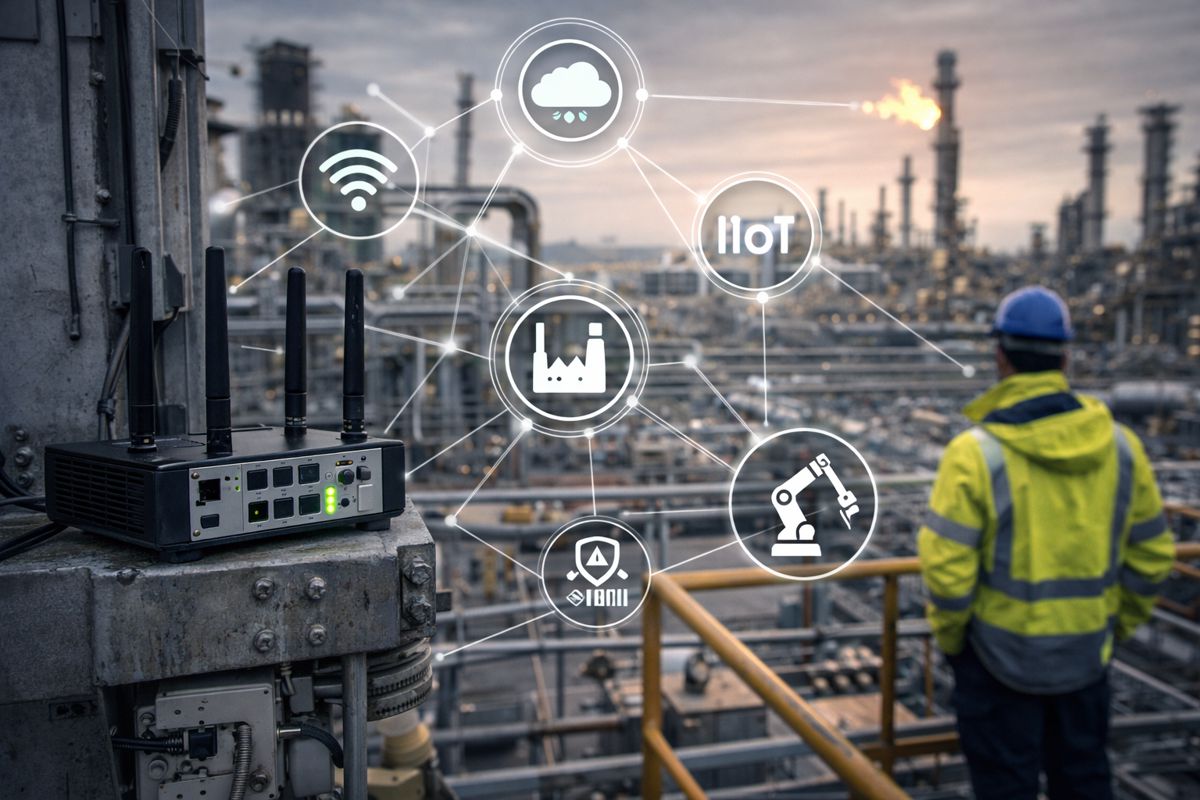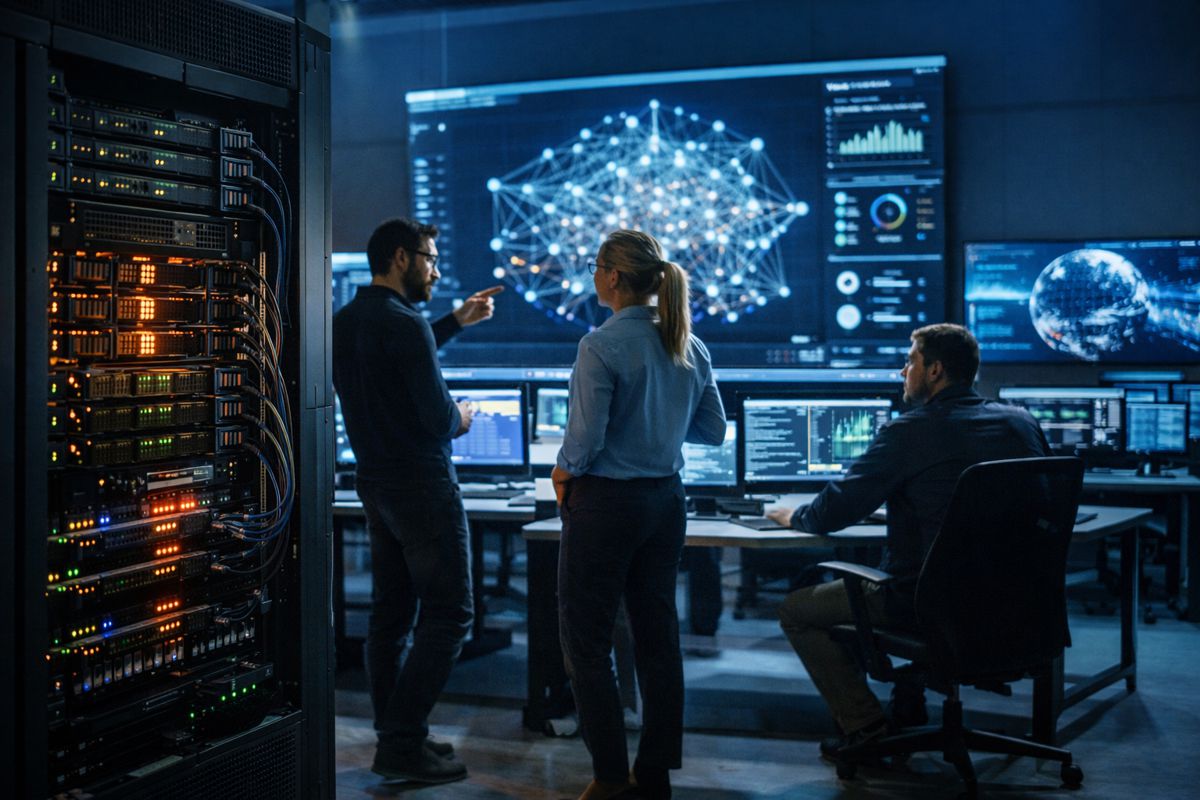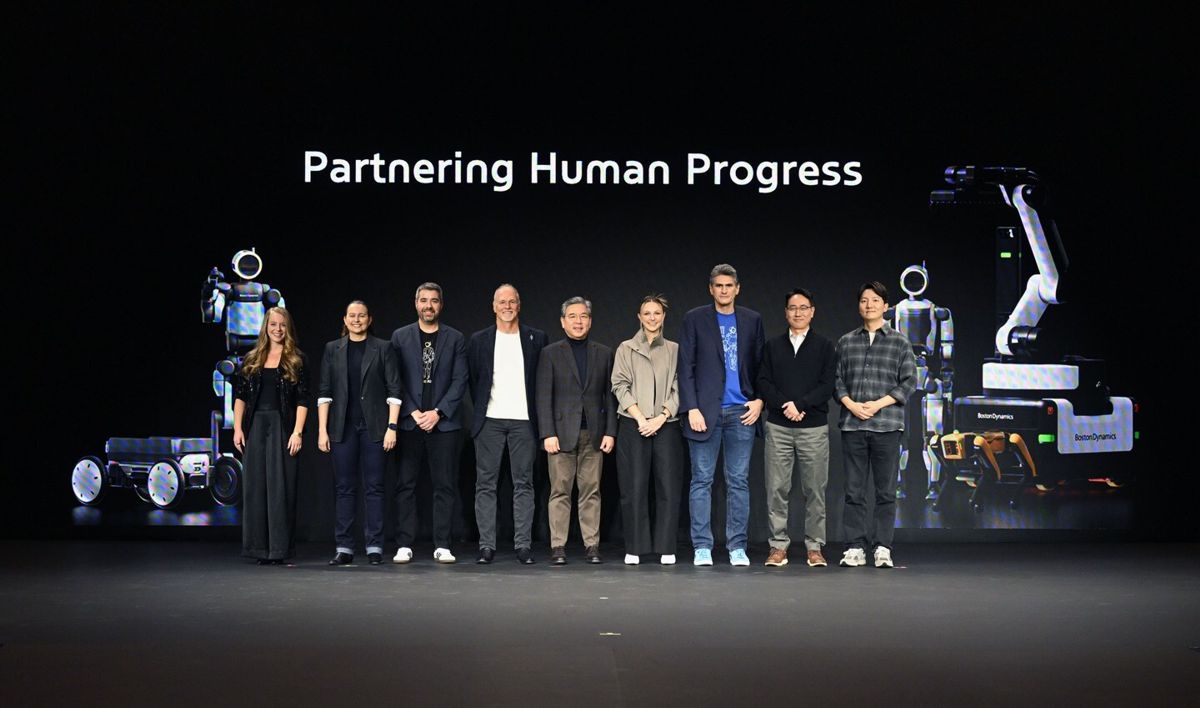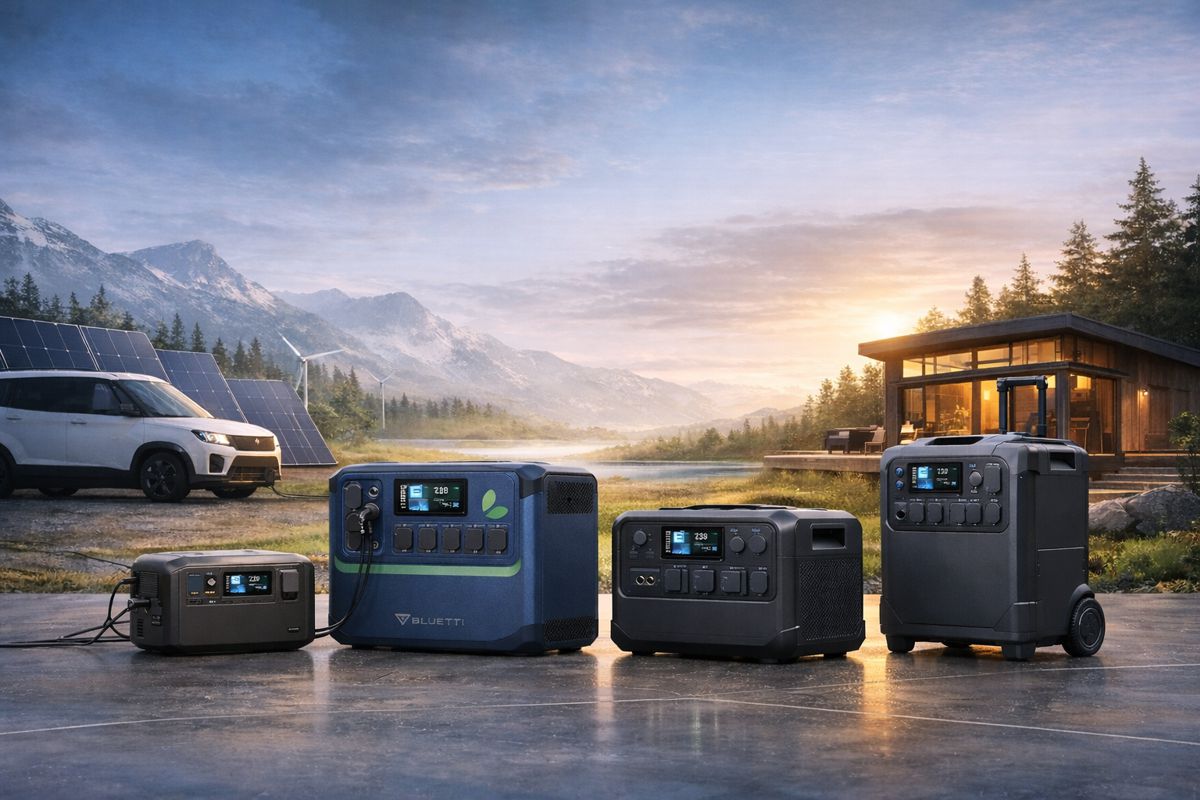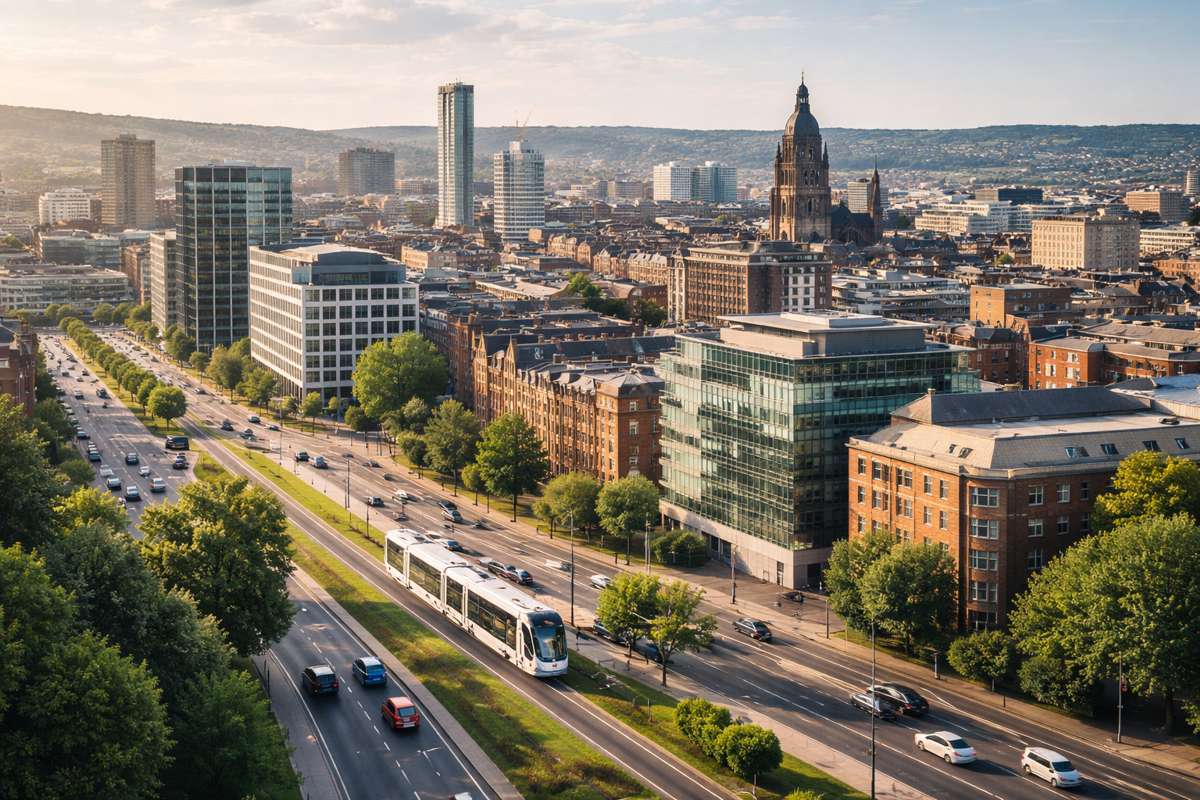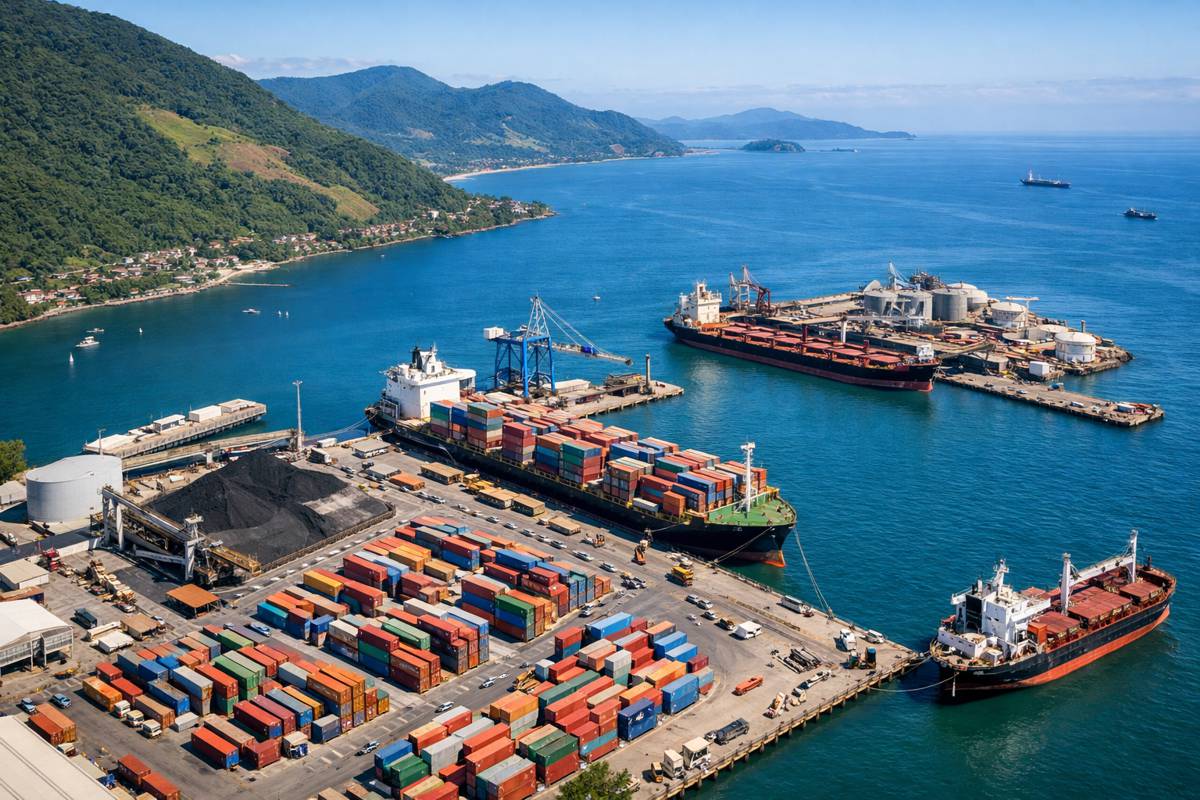Stakeholder Collaboration is Key to Decarbonising Off-Road Machinery
The global push for net zero is reshaping the way we think about engines, fuels, and powertrains. Nowhere is this more pressing than in the off-road machinery sector, which includes construction, agriculture, forestry, and mining. These industries rely heavily on diesel-powered equipment, making them significant contributors to carbon emissions and urban air pollution. Yet, unlike road transport, their path to decarbonisation is less straightforward.
To address this challenge, the Non-Road Powertrain & Fuels conference will return to Munich on 7th–8th October 2025. Conceived as a collaborative platform, the event is designed to bring together key stakeholders, from regulators to OEMs, to chart the most viable and sustainable way forward.
Collaboration matters
James Hobday from Emissions Analytics, the organiser of the event, highlights the importance of a united approach: “There are many ways to achieve this common goal. These include sustainable fuels, hydrogen, rechargeable batteries, hybrid technologies, fuel cells etc., and with so many options, it is vital that stakeholders share their knowledge and collaborate to find the best way forward.”
The reality is that no single technology will solve the problem across all applications. Construction machinery, for instance, often operates in remote locations where charging infrastructure is limited. Agricultural vehicles may need to run continuously for long periods, making battery capacity a limiting factor. In mining and forestry, extreme conditions and high power demands complicate the feasibility of certain solutions. This is why pooling expertise, sharing operational insights, and comparing data across industries is essential.
The shifting landscape of emissions
Urban air quality data is underscoring the urgency. According to Mats Bredborg of Volvo Construction Equipment, who lives near London’s Low Emission Zone, construction equipment is now responsible for more pollutants than on-road traffic in some areas. That’s a striking reversal of the historic narrative, where lorries and cars were seen as the primary culprits. His comment underlines why cities, regulators, and manufacturers need to work hand in hand to reduce harmful emissions from off-road machinery.
What’s on the agenda
The Munich conference will dig deep into the drivers for decarbonisation. Topics will include:
- Practicality of different solutions across industries
- Environmental impact assessments of emerging technologies
- Cost implications for operators and manufacturers
- Realistic timescales for adoption
- Policy and regulatory frameworks shaping future markets
This holistic perspective ensures the conversation isn’t just about technology but also about economics, supply chains, and regulatory readiness.
A mix of solutions on the table
Electrification of off-road machinery is advancing but remains at an early stage. Compact electric excavators, loaders, and dumpers are already commercially available, particularly suited for urban projects where noise and emissions restrictions are tight. However, scaling this up to heavy-duty, high-load equipment requires breakthroughs in battery density, charging speed, and infrastructure investment.
Hydrogen is emerging as a serious contender for larger machines. Fuel cells can deliver consistent power over long hours, while hydrogen combustion engines offer a way to adapt existing platforms. Yet, hydrogen’s cost, production methods, and distribution networks remain hurdles.
Sustainable fuels, such as HVO (hydrotreated vegetable oil) and synthetic e-fuels, are increasingly being tested as drop-in alternatives for diesel. They can reduce lifecycle emissions while making use of current infrastructure. Hybrid systems, blending combustion and electric power, are also gaining ground as transitional technologies.
Insights from industry leaders
The event is already drawing attention from global manufacturers. In a preview video, speakers from Volvo, Zeppelin Rental, Plantforce, and the Construction Plant Hire Association provided perspectives from an operator’s standpoint. Their collective message: off-road machinery is at a crossroads, and decisions made today will shape the industry for decades.
Xavier Hamel of Kubota adds weight to this sentiment: “The Non-Road Powertrain & Fuels conference is an event that I highly recommend to OEMs who need to plan their next machinery development program and assess the optimum option for meeting their customers’ demand.”
Who is attending
The conference typically attracts a diverse audience, including:
- Regulators and policymakers at local, national, and EU levels
- OEMs and engine manufacturers
- Powertrain developers
- Specialists in electrification and alternative fuels
- Contractors and plant hire companies
- Supply chain representatives
This blend ensures that conversations aren’t siloed. Instead, regulators hear directly from operators, engineers learn about policy shifts, and suppliers get clarity on the direction of future demand. It’s this cross-pollination of ideas that makes the conference a catalyst for change.
A timely spotlight on off-road emissions
As on-road fleets become cleaner through electrification and stringent emissions standards, the proportion of pollutants coming from non-road machinery is becoming more visible. Cities striving to meet air quality targets can no longer ignore emissions from construction sites, farms, or mining operations. The conference, therefore, arrives at a pivotal moment. Policymakers are actively seeking pathways to meet net-zero pledges, while industry players are under pressure to balance sustainability with profitability.
The Non-Road Powertrain & Fuels conference isn’t just another technical meeting; it’s a forum for shaping the trajectory of industries that keep the global economy running. By aligning stakeholders and fostering dialogue, it has the potential to accelerate the shift from fossil-fuel dependency to sustainable solutions.
Registration is now open on the conference website, and with interest building, it promises to be a defining moment in the journey towards decarbonising heavy machinery.
Driving towards a cleaner future
Decarbonisation of off-road machinery won’t happen overnight, but momentum is growing. Whether through electrification, hydrogen, sustainable fuels, or hybrid solutions, progress is visible on all fronts. The real test will be integrating these technologies at scale, ensuring they are both practical and cost-effective. The upcoming Munich conference offers a chance to chart that course together, proving once again that collaboration is beneficial.
